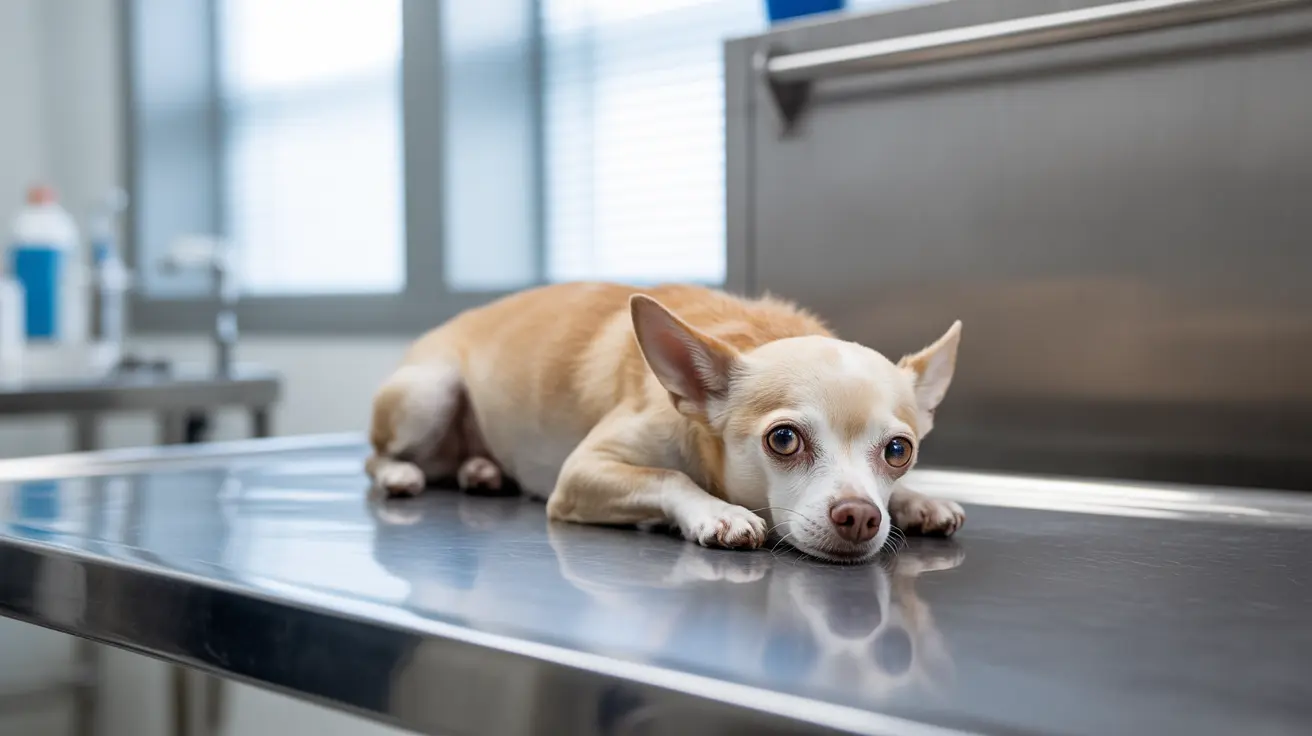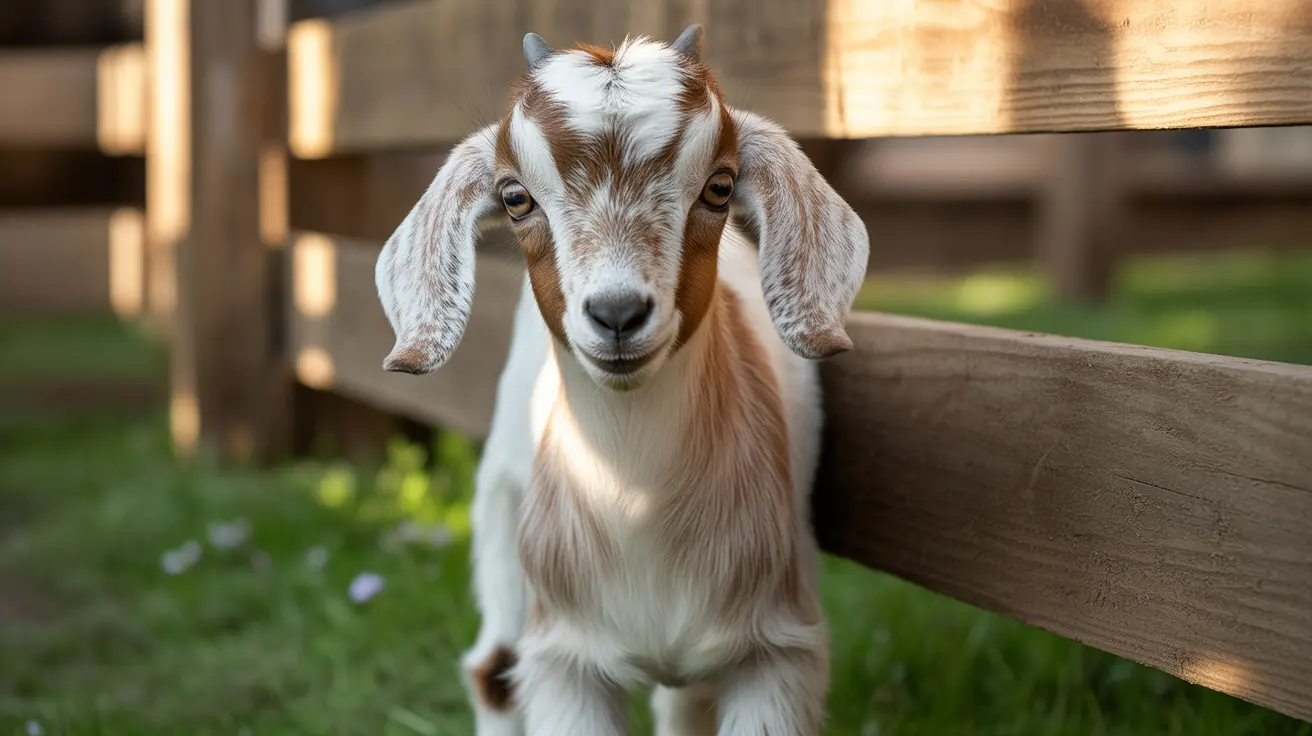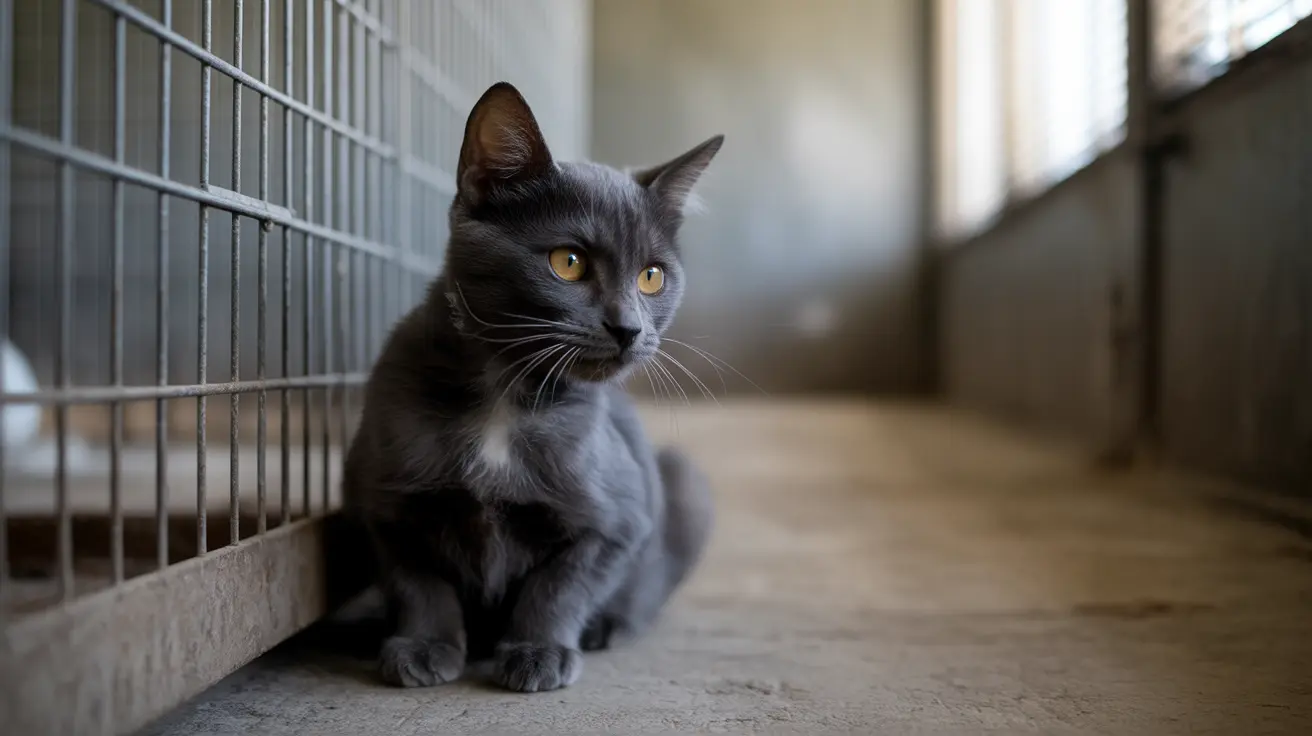What Kind of Cake Can Dogs Eat?
Cake is a beloved treat among humans, but when it comes to sharing a slice with your furry friend, it's important to understand what's safe and what could be harmful. Dogs have different dietary needs and metabolisms than humans, and many common cake ingredients can be dangerous for them. In this guide, we explore what kinds of cake, if any, dogs can eat, and how to safely celebrate their special moments.
Can Dogs Eat Regular Cake?
Most cakes made for human consumption are not suitable for dogs. Regular cake often contains:
- High levels of sugar and fat, which can lead to obesity, diabetes, and dental issues
- Chocolate, which is toxic to dogs
- Xylitol or other artificial sweeteners, which can cause a dangerous drop in blood sugar
- Nuts like macadamias, which are toxic
- Raisins and grapes, which can cause kidney failure
- Alcohol-based extracts like pure vanilla, which are highly toxic
Even small amounts of these ingredients can lead to serious health issues such as vomiting, diarrhea, tremors, lethargy, or worse, life-threatening toxicity.
When Is Cake Safe for Dogs?
On rare occasions, dogs may consume a very small piece of plain sponge or vanilla cake, provided it doesn't contain any harmful additives. But it's essential to understand that even plain cake can be high in sugar and calories, contributing to long-term health issues.
Ingredients such as eggs and milk are generally safe, though some dogs may be lactose intolerant or allergic. Frostings, often rich in dairy and sugar, should be avoided altogether.
Dog-Friendly Cake Alternatives
If you want to celebrate your dog’s birthday or adoption day, it's best to opt for cakes made specifically for dogs. These are crafted using dog-safe, wholesome ingredients:
- Whole wheat or oat flour for the base
- Mashed banana or pumpkin as a natural sweetener
- Eggs for binding and nutrition
- No sugar, xylitol, or chocolate
These ingredients are more aligned with a dog’s digestive needs and can be a joyful treat without long-term risks. Many pet bakeries and commercial producers offer dog cakes and ‘pupcakes’—mini cupcakes for dogs—made with care and suitable components. Always check the ingredient label before offering these treats to your pet.
Health Risks of Regular Cake for Dogs
Feeding your dog a slice of birthday cake might seem harmless, but doing so repeatedly can invite a range of health issues, including:
- Obesity: One of the most common issues among domesticated dogs due to excess calorie intake
- Pancreatitis: High-fat and sugary foods can trigger this painful condition
- Dental disease: Cakes leave sugary residues that contribute to plaque and tartar build-up
- Endocrine disorders: Like diabetes, especially when combined with obesity
Dogs thrive on a diet primarily consisting of meat, bones, and select vegetables. Treats should complement their meal plan, not work against it.
Safe Treat Alternatives to Cake
If you’re looking to spoil your pet without putting their health at risk, consider these alternatives:
- Cooked lean meats: such as chicken or turkey without seasoning
- Vegetables: Carrots, pumpkin, and sweet potatoes
- Fruits: Sliced apples without seeds or cores
- Commercial dog treats: Specifically designed for canine nutrition
What to Do If Your Dog Eats Cake
If your dog accidentally consumes cake, monitor them closely. First, identify what kind and how much was ingested:
- If the cake contains toxic ingredients (chocolate, xylitol, raisins), seek veterinary help immediately
- If the cake is free from dangerous items, check for symptoms like vomiting, diarrhea, or lethargy
- Withhold food for 12–24 hours and ensure access to water
- Avoid physical exertion during the observation period
If symptoms persist or worsen, consult a vet. Warning signs of a serious issue include collapse, weakness, pale gums, or abdominal distress.
Final Thoughts
While dogs can tolerate a bite of plain cake once in a great while, it’s far safer and healthier to provide them with treats made specifically for pets. Special celebrations can still be joyful and festive without compromising your dog's well-being. When in doubt, stick with dog-friendly and vet-approved options—your pet will thank you with wagging tails and good health.





